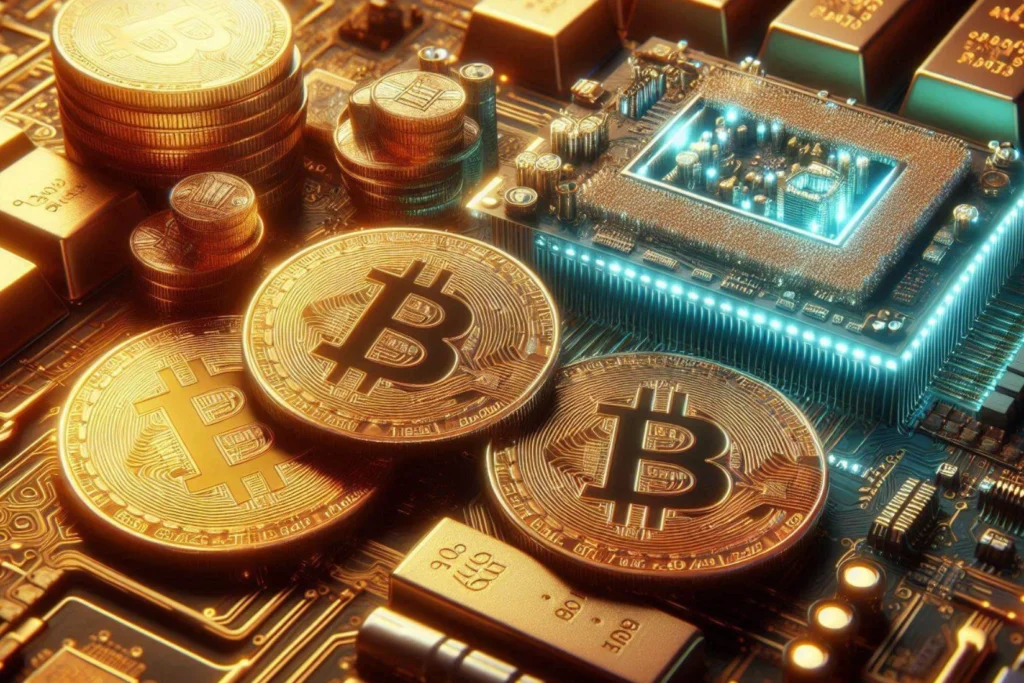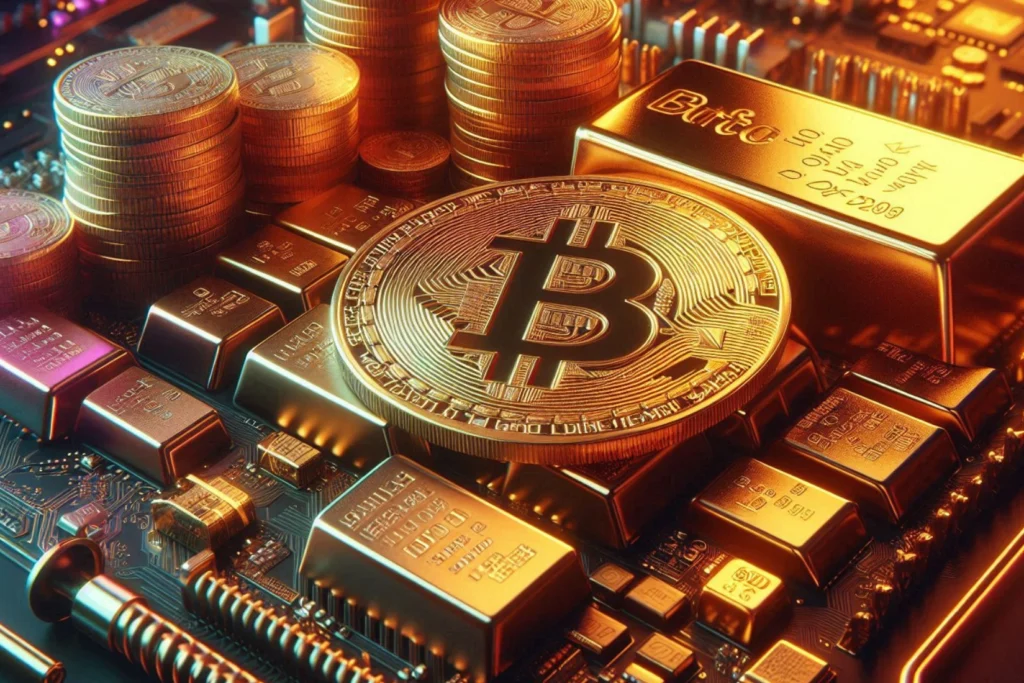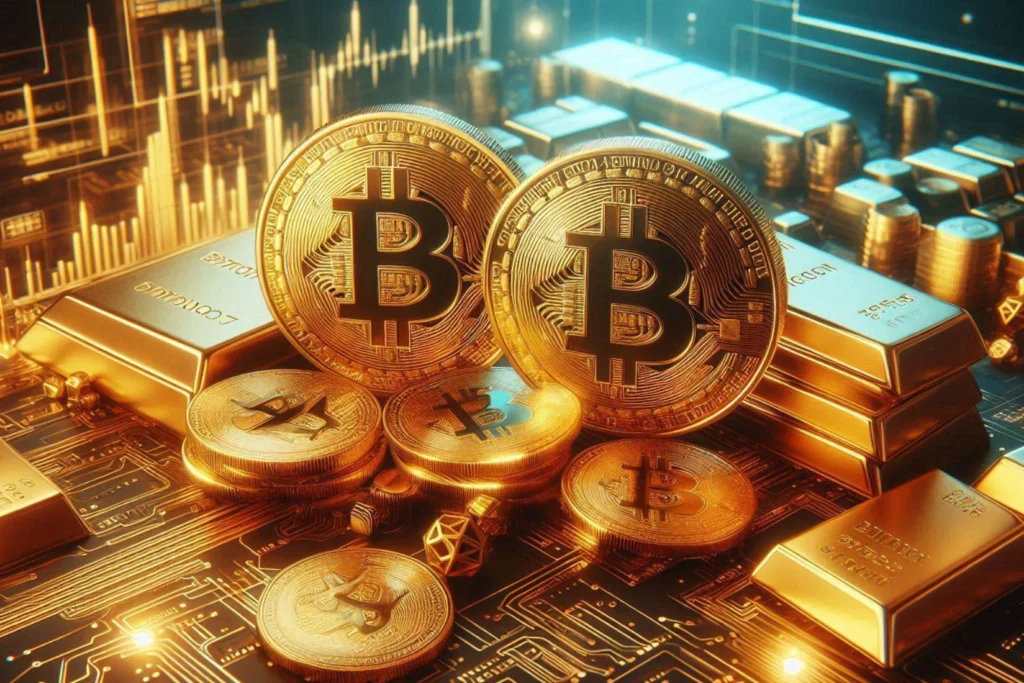Bitcoin as digital gold—you’ve probably heard the phrase tossed around in finance circles, Reddit threads, and maybe even family dinner conversations. But just because it sounds good… doesn’t mean it’s entirely true. Or is it?
Today, let’s break down some of the biggest myths around Bitcoin being “digital gold.” What holds up, and what totally falls apart?
Myth 1: Bitcoin is just like gold because it’s scarce
Okay, so yes—Bitcoin is limited to 21 million units. That’s baked into its code and can’t be changed without massive agreement across the network. Sounds like scarcity, right?
But here’s the twist—not all scarcity is created equal. Gold has physical limitations. You need to dig it up, refine it, store it. Bitcoin’s scarcity? It’s algorithmic, based on trust in code. Some argue that’s more elegant. Others say it’s riskier because… well, what if people stop trusting it?
So while the comparison makes sense on the surface, the nature of the scarcity is very different. Scarcity alone doesn’t make something gold.


Myth 2: Bitcoin is stable like gold
This one’s easy to bust. Gold has been used for centuries. Wars, depressions, pandemics—it’s still here. Meanwhile, Bitcoin? A single tweet from Elon Musk has sent its price soaring or tanking.
Gold’s stability comes from global recognition and history. Bitcoin is still finding its place. It’s only been around since 2009, and it’s seen wild swings—like 30% drops in days. So no, Bitcoin isn’t stable like gold. Not yet.
Does that mean it never will be? Maybe not. But right now, let’s not confuse popularity with maturity.


Myth 3: It replaces gold as a safe haven
A lot of Bitcoin believers love to say this: when economies fall, Bitcoin rises. But if you look at real data? It’s… messy.
Sometimes Bitcoin does well during crises. Sometimes it crashes with the market. In early 2020, during the COVID panic, Bitcoin plunged just like stocks. That’s not exactly “safe haven” behavior.
Bitcoin as digital gold is more aspiration than fact—at least when it comes to being a reliable fallback during chaos.

Myth 4: It is more secure than gold
Sure, Bitcoin can’t be counterfeited like gold bars might be. And yes, the blockchain is a pretty secure system.
But let’s not forget the risks. Lose your private key? Say goodbye to your coins. Store it on an exchange that gets hacked? Same story.
Gold can be stolen too, of course. But it doesn’t vanish into thin air because you forgot a password. Security isn’t just about tech—it’s about usability and human error. And in that department? Bitcoin still has some growing up to do.

So… Is Bitcoin digital gold, or is that just marketing?
Honestly, it’s a bit of both. There are reasons why people draw the comparison—scarcity, decentralization, potential as a long-term store of value.
But myth-busting time: Bitcoin is not gold. Not yet. Maybe never. It’s a different kind of asset, and trying to force the comparison too hard can actually lead to bad assumptions and risky decisions.
The more honest take? Bitcoin is a new thing. Maybe a powerful thing. But it deserves to be understood on its own terms—not just through gold-tinted glasses.
Bitcoin as digital gold is a catchy phrase. But before we all run with it, let’s keep asking: how much of that label is reality… and how much is just myth?
Relevant news: Bitcoin as Digital Gold: The Real Upsides and Downsides




